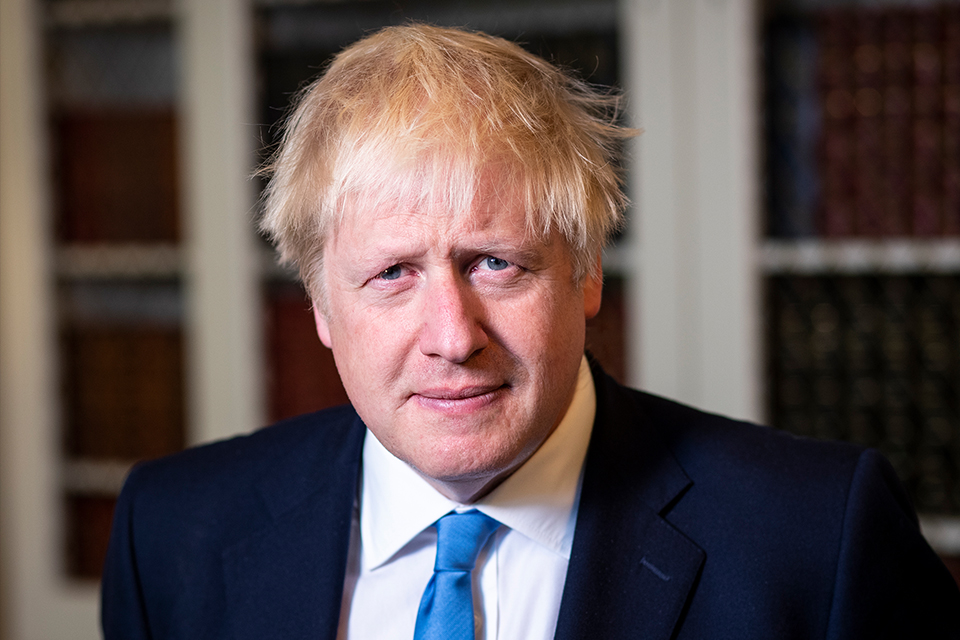
Tenfold expansion in chargepoints by 2030 as government drives EV revolution
The UK’s charging network has been given a huge boost today (25 March 2022), as government unveils plans to support the UK market to reach 300,000 public electric vehicle (EV) chargepoints by 2030 – equivalent to almost 5 times the number of fuel pumps on our roads today.
Backed by £1.6 billion, under the Electric Vehicle Infrastructure Strategy, charging will become easier and cheaper than refuelling a petrol or diesel car, while new legal requirements on operators will see drivers of EVs able to pay by contactless, compare charging prices and find nearby chargepoints via apps.
The new strategy sets out the government’s aim to expand the UK’s charging network, so that it is robust, fair and covers the entire country – as well as improving the consumer experience at all chargepoints, with significant support focused on those without access to off-street parking, and on fast charging for longer journeys.
£500 million will be invested to bring high quality, competitively priced public chargepoints to communities across the UK. This includes a £450 million Local Electric Vehicle Infrastructure (LEVI) fund, which will boost projects such as EV hubs and innovative on-street charging, so those without driveways don’t miss out on cleaner transport.
A pilot scheme for the LEVI fund launching today will see local authorities bid for a share of £10 million in funding, allowing selected areas to work with industry and boost public charging opportunities.
Meanwhile, the LEVI funding includes up to £50 million to fund staff to work on local challenges and public chargepoint planning – ensuring that any development complements all other zero emission forms of travel, such as walking and cycling.
The existing £950 million Rapid Charging Fund will support the rollout of at least 6,000 high powered super-fast chargepoints across England’s motorways by 2035, ensuring the UK continues to lead the Western world in the provision of rapid and ultra-rapid public chargers.
This comes on top of ministers’ pledges to continue addressing any barriers to private sector rollout of chargepoints, such as local councils delaying planning permission and high connection costs.
Ambitious and innovative chargepoint operators are already committed to installing an additional 15,000 rapid chargepoints across England’s entire road network – a quadrupling of the current offer – and over 100,000 on-street chargepoints by 2025.
Prime Minister Boris Johnson said:
“We’re powering ahead with plans to help British people go electric, with our expanding charging network making journeys easier right across the country.
“Clean transport isn’t just better for the environment, but is another way we can drive down our dependence on external energy supplies. It will also create new high-skilled jobs for our automotive and energy sectors and ultimately secure more sustainable and affordable motoring for all.”
Alongside the pioneering strategy, the government is additionally launching an automotive roadmap outlining joint government and industry commitments to achieve the decarbonisation of road transport.
This is the first in a series of roadmaps that will be published over the course of the year for each sector of the Prime Minister’s Ten Point Plan, showcasing how the UK is delivering on its green commitments.
The roadmap brings together the government’s policies designed to help and support the automotive sector in the shift towards greener transport and will help businesses plan more effectively in the transition to a zero-emission future.
End.
Green Infrastructure Week curates’ content from the entire ecosystem around green infrastructure from government and NGOs to respected commentators.
Feel free to share this content with your social media community using #GreenInfrastructureWeek
During Green Infrastructure Week we will host a programme of live and exclusive free-to-attend webinars. Stay in touch with event updates by registering here.